

2019-06-07 04:02:05 Fri ET
technology social safety nets education infrastructure health insurance health care medical care medication vaccine social security pension deposit insurance
The world seeks to reduce medicine prices and other health care costs to better regulate big pharma. Nowadays the Trump administration requires pharmaceutical companies to disclose medicine prices in U.S. television ads. Proponents support more transparent disclosures of medicine prices and other health care costs. Yet, other industry groups argue that astronomical medicine prices may inadvertently discourage patients because many specialty medications are not so affordable.
In recent times, the World Health Organization (WHO) discusses universal health care, antimicrobial resistance, and the impact of climate change on global health. A major topic pertains to the high prices of new specialty medicines. For instance, the immuno-oncology medicine Keytruda costs $13,600 per month for continual cancer treatment. Also, the specialty medicine for cystic fibrosis, Orkambi, costs $23,000 per month. In America, many diabetics die primarily due to the high costs of insulin. The Trump administration encourages multinational big pharma firms to reduce medicine prices in America. with healthy price hikes elsewhere, whereas, high health care costs in general, and astronomical specialty medicine prices in particular, remain a widespread problem worldwide. On balance, the government should enforce medicine price reductions to enrich the economic lives of patients around the world.
If any of our AYA Analytica financial health memos (FHM), blog posts, ebooks, newsletters, and notifications etc, or any other form of online content curation, involves potential copyright concerns, please feel free to contact us at service@ayafintech.network so that we can remove relevant content in response to any such request within a reasonable time frame.
2018-04-07 09:36:00 Saturday ET
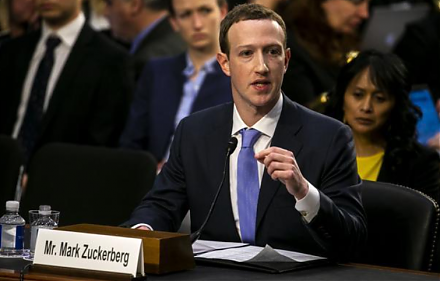
Facebook CEO Mark Zuckerberg testifies in Congress to rise up to the challenge of public outrage in response to the Cambridge Analytica data debacle and use
2019-05-05 10:34:00 Sunday ET
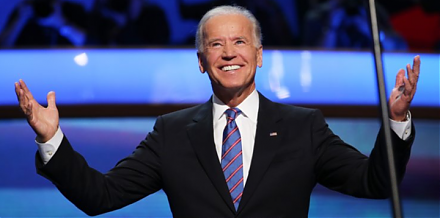
Former Vice President Joe Biden enters the next U.S. presidential race with many moderate-to-progressive policy proposals. At the age of 76, Biden stands ou
2018-01-17 05:30:00 Wednesday ET
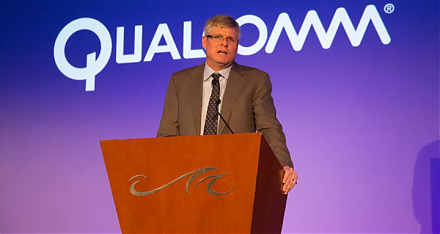
European Union antitrust regulators impose a fine on Qualcomm for advancing its key exclusive microchip deal with Apple to block out rivals such as Intel an
2019-03-29 12:28:00 Friday ET
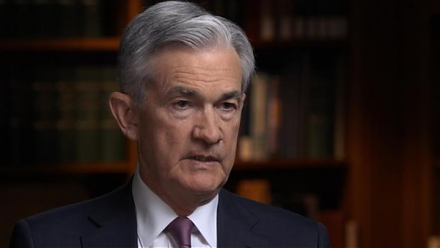
Federal Reserve Chair Jerome Powell answers CBS News 60 Minutes questions about the recent U.S. economic outlook and interest rate cycle. Powell views the c
2017-03-21 09:37:00 Tuesday ET
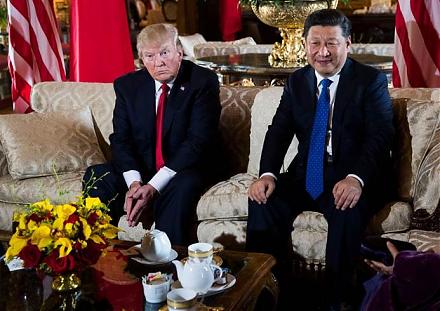
Trump and Xi meet in the most important summit on earth this year. Trump has promised to retaliate against China's currency misalignment, steel trade
2018-10-01 07:33:00 Monday ET
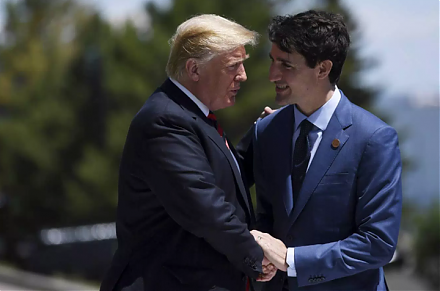
President Trump announces the new trilateral trade agreement among America, Canada, and Mexico: the U.S.-Mexico-Canada Agreement (USMCA) replaces and revamp